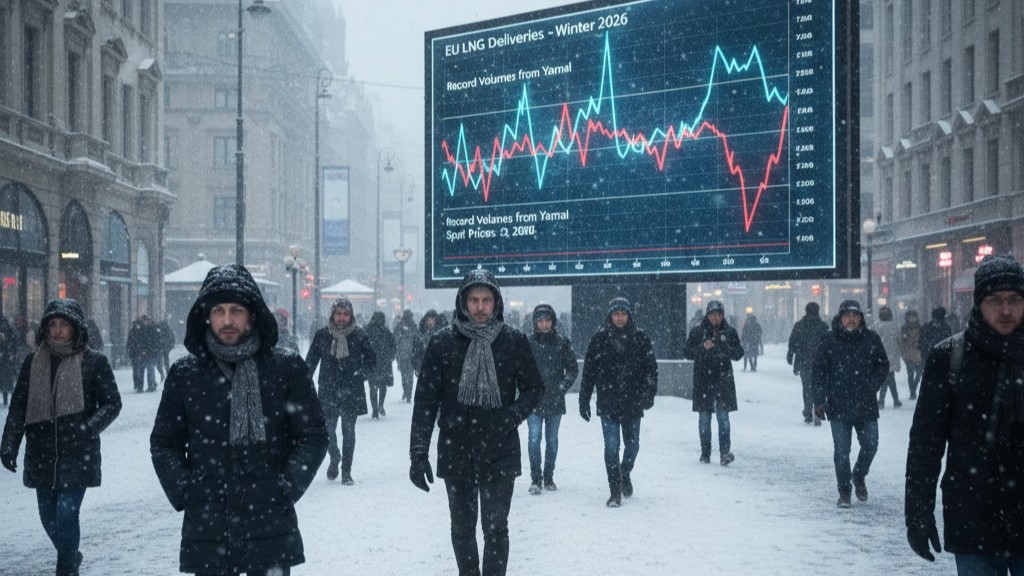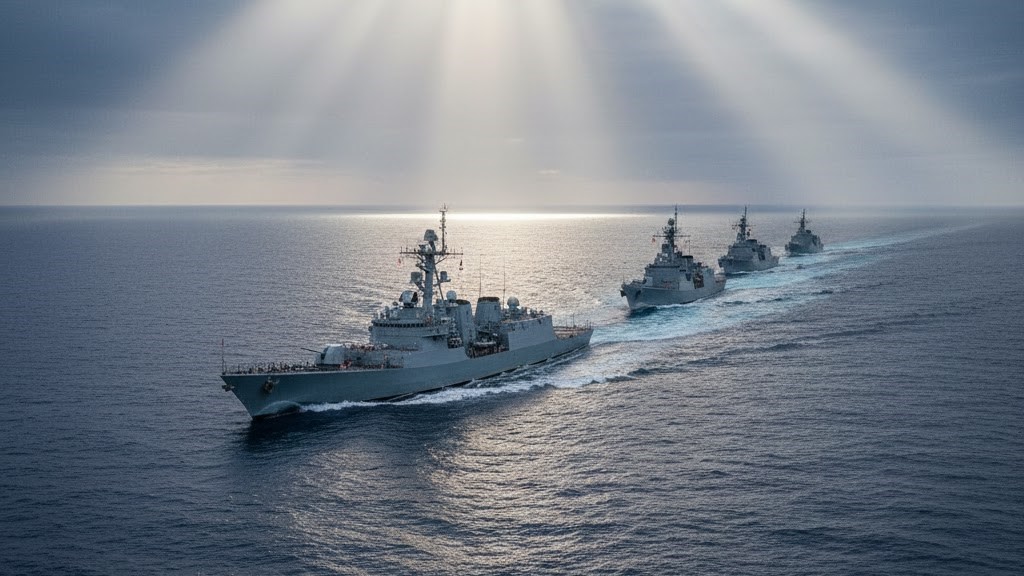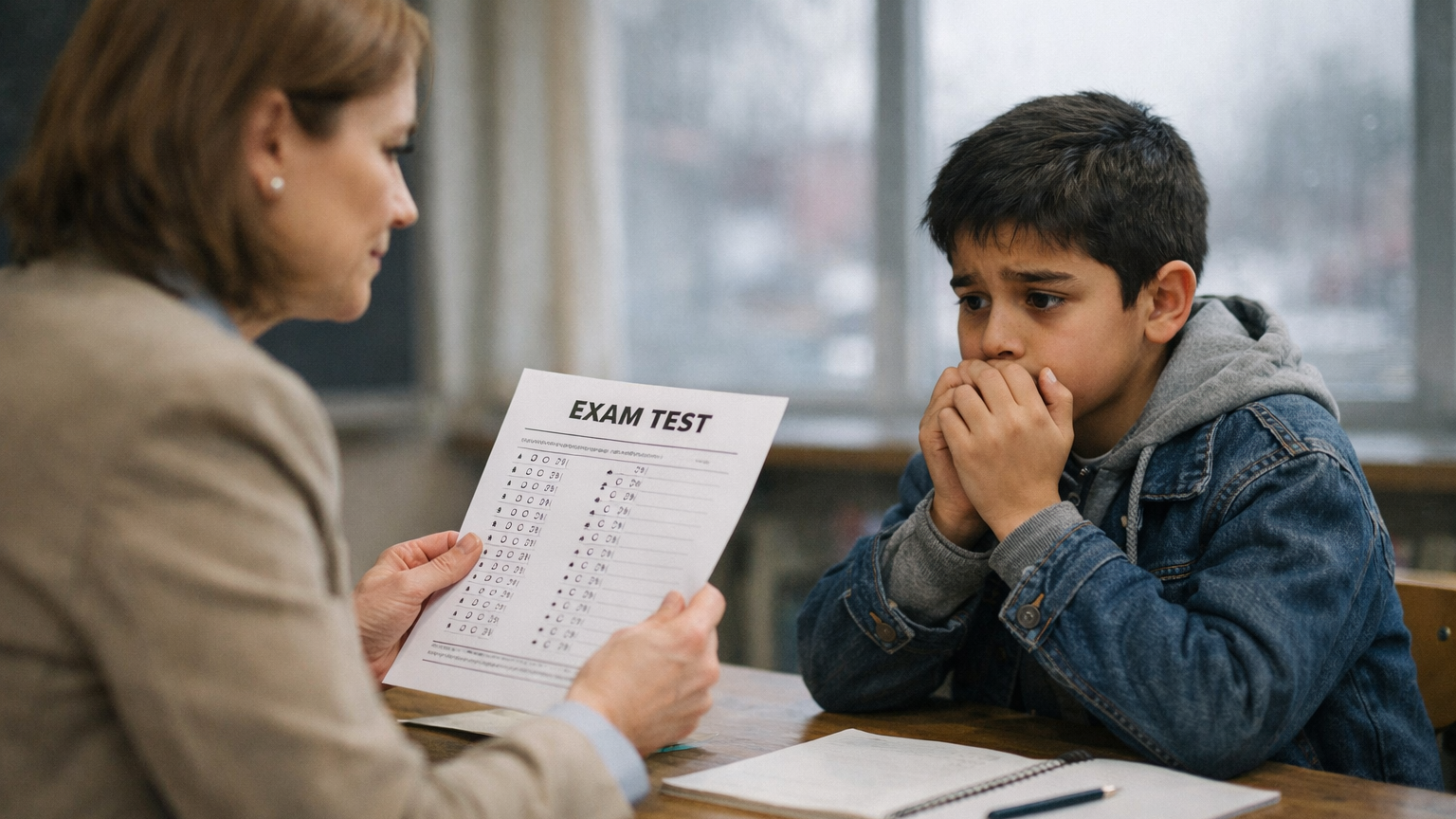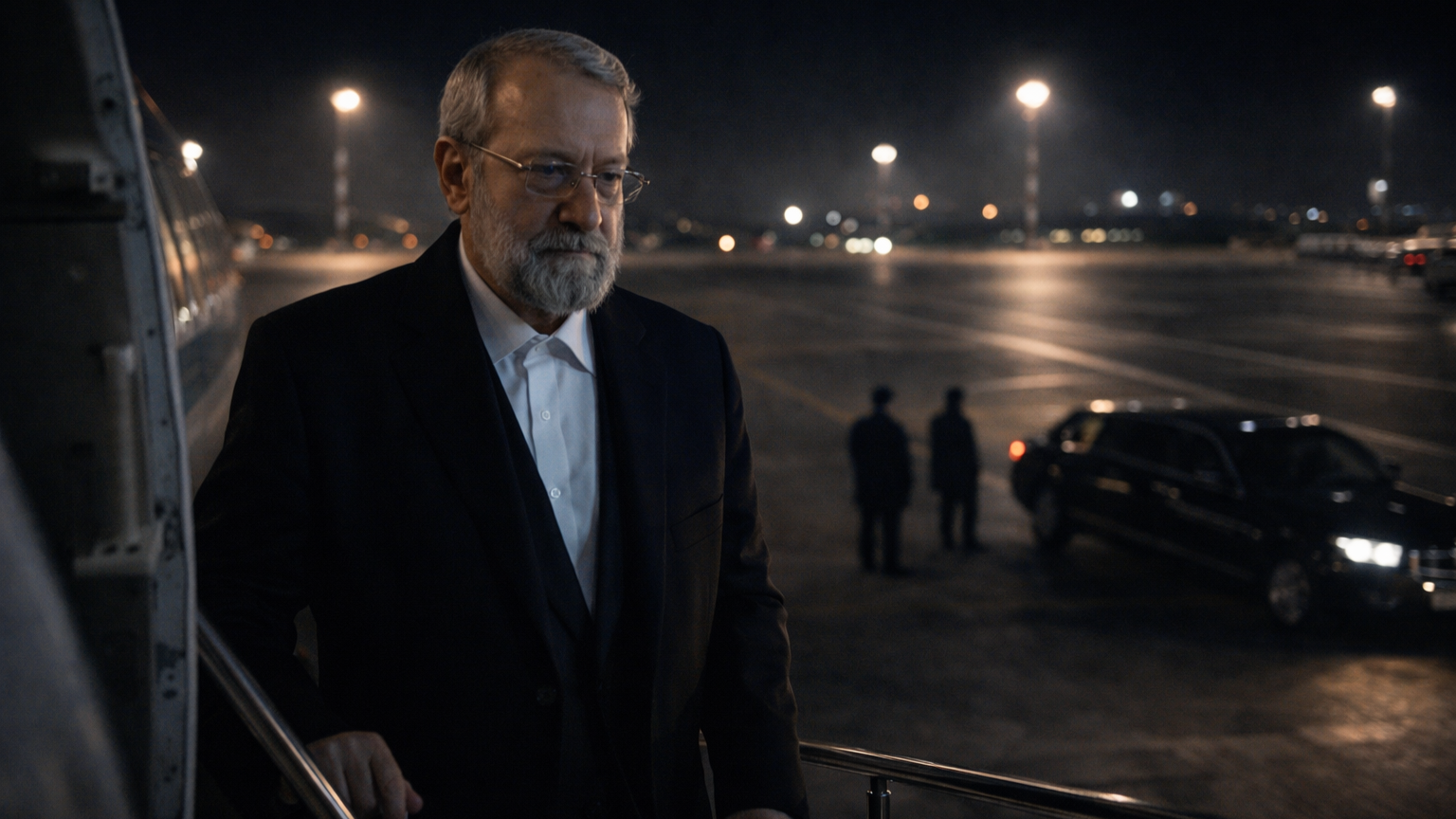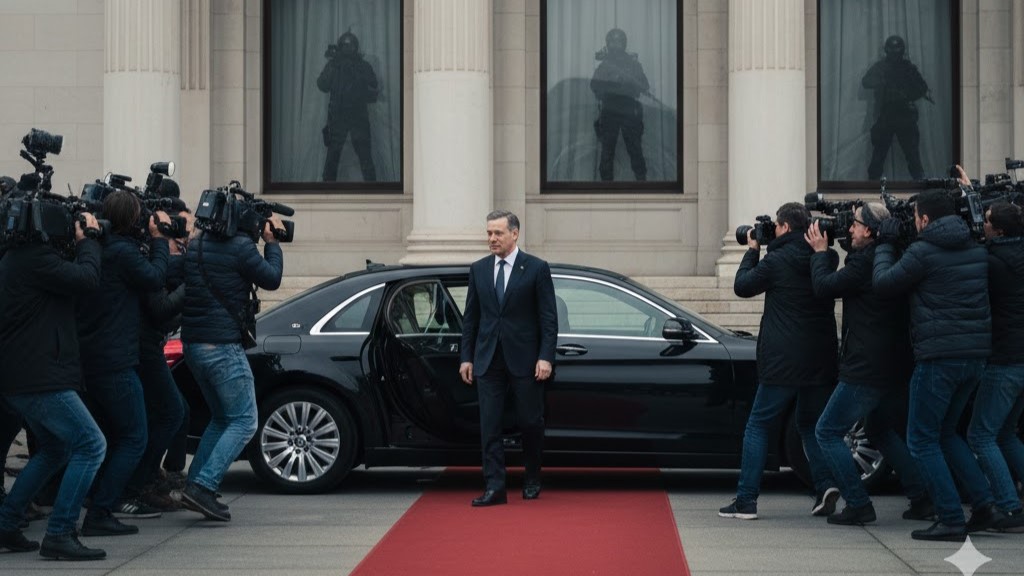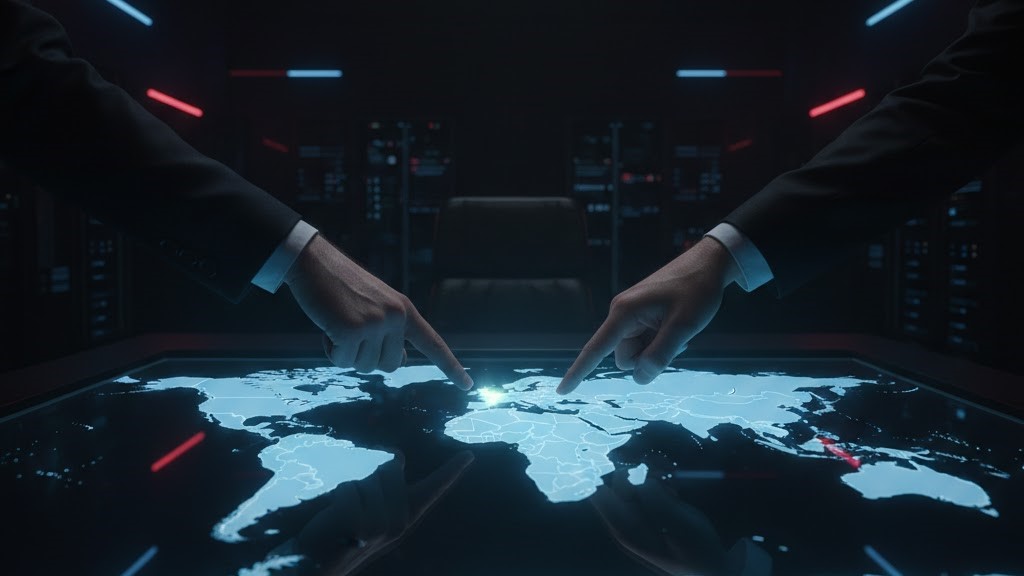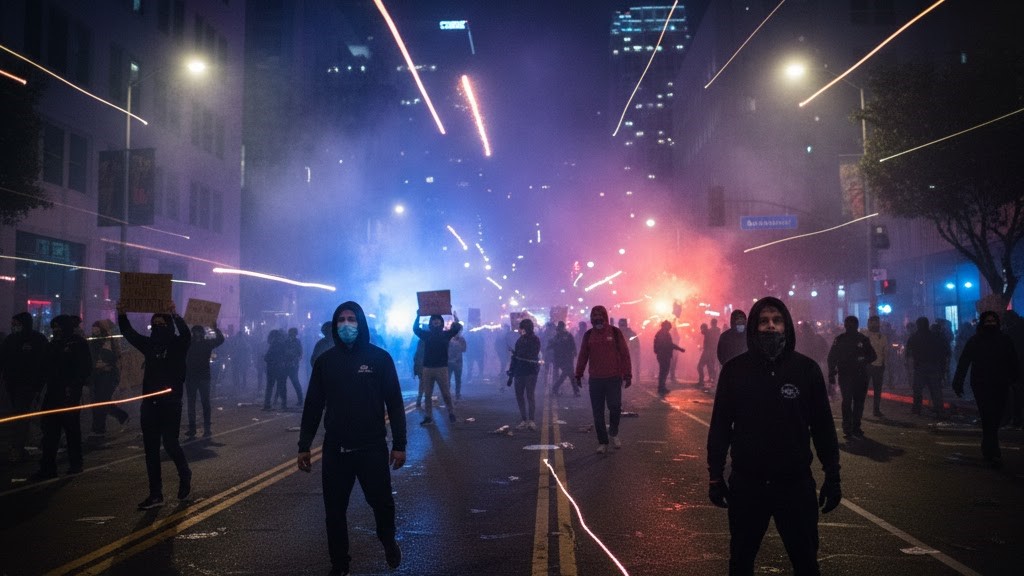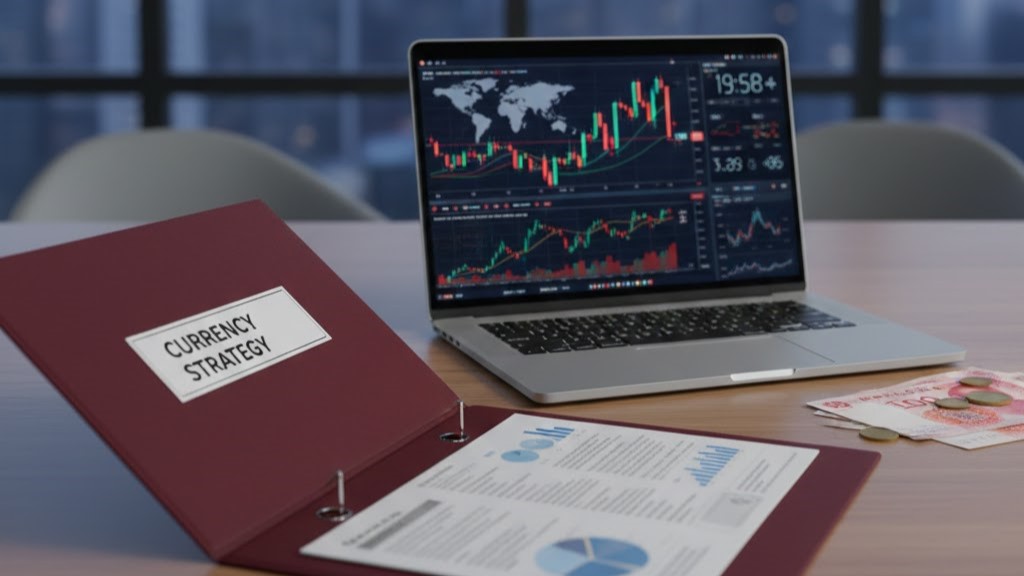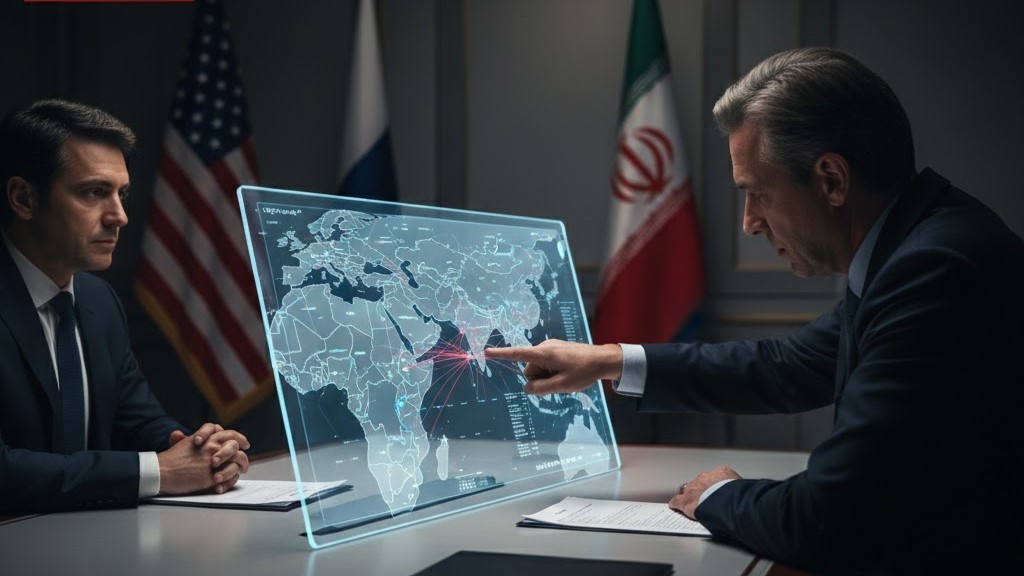When political declarations meet minus fifteen
Qatar Threatens to Cut LNG to EU — Brussels Faces Its Own Energy Trap
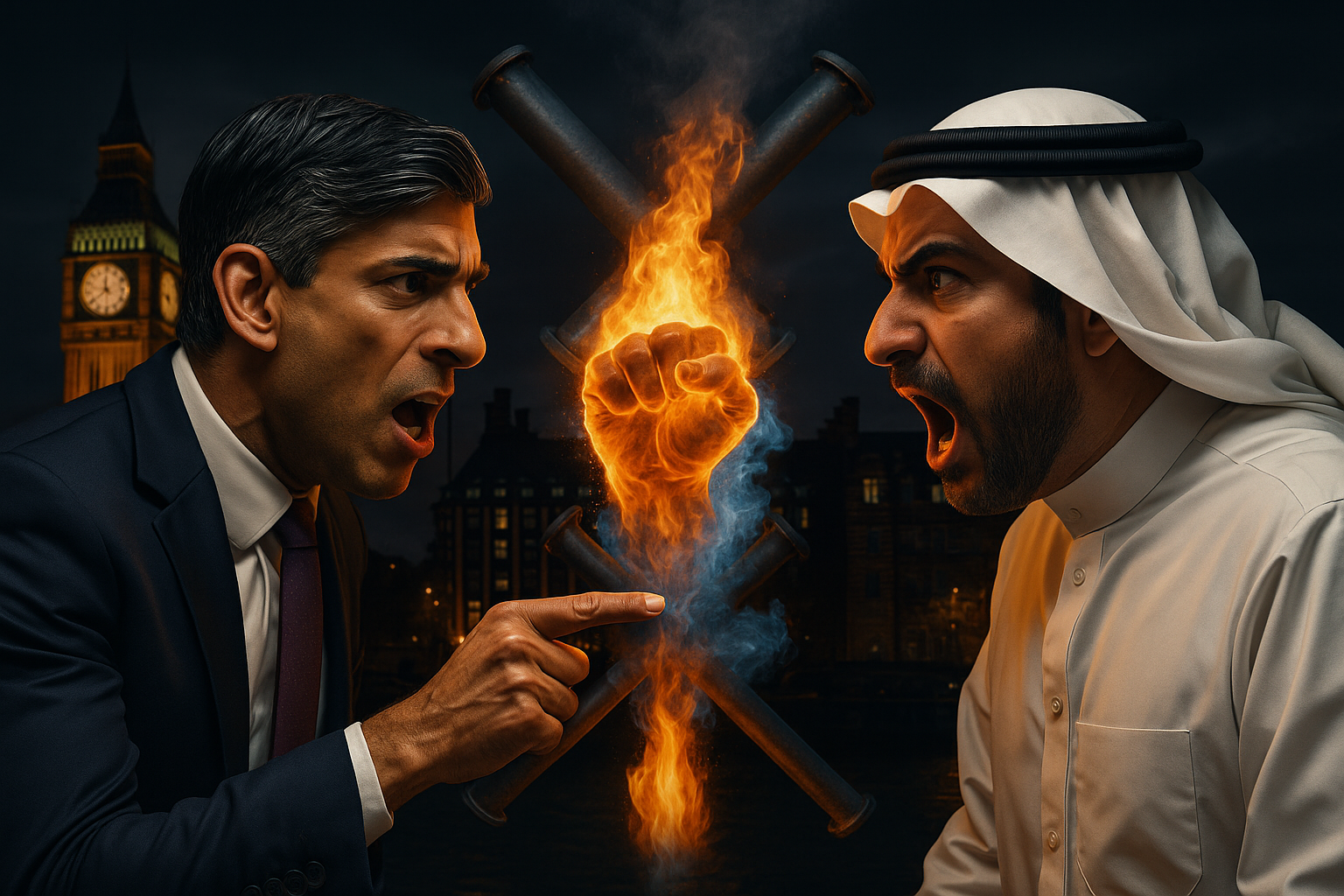
They wanted to regulate the world. But Qatar just reminded them who controls the tap. Europe's climate crusade has crossed a line — and Doha is ready to hit back. If the EU keeps pushing its green rules into foreign economies, it may soon be left out in the cold. Literally.
💥 Main Body:
Qatar's Energy Minister and CEO of QatarEnergy, Saad Sherida Al-Kaabi, dropped a political bombshell:
"If Europe continues down this path, we'll simply stop supplying gas. This is our final decision."
The warning came in response to a new EU law on corporate due diligence, which forces companies to monitor environmental and labor standards across their entire supply chains — even outside of Europe. Violators could face fines of up to 5% of global turnover.
Let's decode
that:
🇶🇦 Even
if Qatar extracts gas on its own terms, with its own laws, Europe wants the right to judge and punish it — for
not being green enough.
🌍 The EU claims
it's about climate and justice. But to suppliers, it feels like neo-colonialism with a green flag.
Qatar isn't
alone in its frustration:
🔸 In October, even the U.S.
joined Qatar in sending a joint letter to Brussels, warning that this
law endangers global energy trade.
🔸 Algeria and Nigeria are also closely watching. If Brussels keeps pushing, more producers may walk away.
The EU, still recovering from the 2022 gas crisis, heavily relies on Qatari LNG after cutting off Russian supplies. Now it's risking its last major partner — over rules that suppliers never signed up for.
📉 Europe's Climate Gamble Backfires:
📌 Qatar will honor existing contracts, but all new deals are on hold.
📌 Gas reserves are low across Europe.
📌 Asian markets are booming, with China, India, and South Korea
ready to outbid the EU.
📌 The
Middle East is expanding production — but not for
Europe's benefit.
Al-Kaabi made it clear:
"We will
not redesign our economy around Western net-zero fantasies."
Qatar's economy thrives on fossil fuels — and it's investing billions into expanding production, not reducing
it.
🎭 Conclusion: Europe Tripped Over Its Own Pipeline
🔹 The EU dreamed of being the world's ethical watchdog.
🔹
Instead, it's alienating its own lifelines.
🔹 Brussels
didn't expect such defiance — but Qatar just flipped
the script.
The irony? While Europe tries to police global supply chains, it's still utterly dependent on them. You can't shame your suppliers and expect loyalty. Energy, as Qatar just reminded the world, isn't just about climate — it's about leverage and power.
And if no compromise is found, the next energy crisis could hit harder — and this time, without Middle Eastern backup.
❓ What do you think — is Europe heading into another crisis, or is this just the beginning of its own undoing?
Подписывайтесь на канал, ставьте лайки, комментируйте.
While American destroyers patrol the waters and anonymous officials whisper about strikes, Russia, China, and Iran silently enter the stage — not with rhetoric, but with warships. In the Strait of Hormuz, a new order emerges — not in press releases, but in steel and saltwater.
"Want to study in Russia? Learn the language. Otherwise — back home."
Putin Stopped a U.S. Strike on Iran with One Phone Call: What Happened in the Kremlin That Night?
The USS Abraham Lincoln was in position. The order had been signed. Targets were set. The Pentagon was ready to strike. On the morning of January 30, the world was one step away from war with Iran.
Sound familiar? It should. Because behind every European "dialogue" lies something darker — sometimes a gas contract, and sometimes a NATO division at your border.
Washington spent decades warning about it. Mocking the idea. Dismissing it as "impossible." Now it's happening. And there's nothing they can do to stop it.
The United States is once again on edge. But this time, the crisis isn't abroad — it's right at home.
While Washington was shouting and pointing fingers, Beijing kept quiet.
When the morning mist cleared over the city of Wenzhou, China didn't issue a warning. It issued lethal injections.
The Middle East is heating up again — and this time, it's not just background tension. Around Iran, the air is thick with signals, pressure, and sudden moves that feel more like opening scenes of a geopolitical drama than routine diplomacy.

